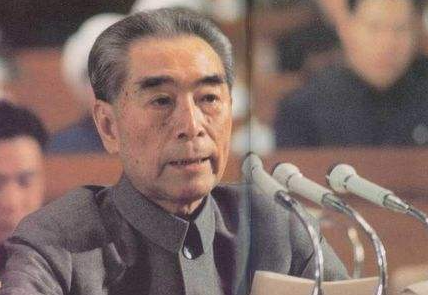Xu Guilin
Xu Guilin
Xu Guilin (1779-1822), with the same name as uncle, was named rinan and Yuelan. He was also named Qiyun Yeke. Xu Qiao, Lin's younger brother, was born in Banpu, Haizhou of Qing Dynasty, and his ancestral home was Anhui.
Life of the characters
At the age of 12, Xu Guilin took part in the children's test to be a scholar, and was called a "prodigy" by the school officials; at the age of 20, he won the first place according to Huaihai test; in 1809 and 1815, he won the first place in Haizhou test twice; in 1812, he took the title of "bagongsheng" according to Fu of abdominal manuscripts; in the autumn of 1816, he was elected by zhongbingdingke. Xu Guilin is not greedy for fame and wealth, and he lives teaching all his life. He is good at poetry and literature. When he was 22 years old, he wrote his first mathematical treatise "xuanxitong", which gave a penetrating explanation of the Chinese algorithm "Xuanye". Xu Guilin has a lot of works in his life. Besides participating in the compilation of Jiaqing Haizhou Zhili Zhouzhi, he has nearly 40 kinds of bibliographies and 160 volumes. In August of the 24th year of Jiaqing (1819), he was ill and wrote "yongmu Ji of Beitang". In the spring of the second year of Daoguang (1822), Xu Guilin died of illness at the age of 43 and was buried in the village of jubuju in Guanyun. The 269th biography of the scholars in the draft of the history of the Qing dynasty recorded him as follows: "Xu Guilin, with the same name as uncle, was born in Haizhou. In the 21st year of Jiaqing. Little orphan, filial piety to mother and birth mother, speechless. Poor family, not to thick money easy to travel, Japan to Gu Jing for things. In the first year of Daoguang, Ding Nei was in a difficult situation, and he died at the age of 43. Guilin has invented all kinds of sutras, especially believes in the study of Gu Liang, and has written four volumes of "explanations of sun and moon calligraphy in the spring and Autumn Annals of Gu Liang". Some of his books cited Gongyang to prove each other, while others refuted Gongyang to advocate it. Sun Xingyan of Yanghu tried to make it clear and precise. He also wrote 20 volumes of "Yi Que", the main purpose of which is Qian, which means that the whole book of changes was born by Qian and has a broad view. There are eight volumes of "Mao Shi Hou Jian", six volumes of "textual research on the place names of three biographies in the spring and Autumn Period", four volumes of "Changyi" in the book of rites of the Han Dynasty, two volumes of "the doctrine of the mean in the University" and two volumes of "on the cause of four books". He wrote twelve volumes of Xu's shuoyin to match Shuowen. He also wrote ten volumes of Shuowen Houjie. In the words of Qibo, "the earth, the atmosphere.". If there is no shell outside the Qi, the Qi will disperse; if there is a shell outside the Qi, where is the shell? Think of a say to make up for the unexpected. Gaitian is one Qi, and its root is in the north, the Arctic is also. The north pole should not be the Tianshu, but the Qimu. The collection of xuanxi is based on the collection of the three books of xuanxi. In addition, the mathematicians valued simplicity. They took the imperial mathematical essence and summarized it for daily use, and wrote four volumes of suanju. He has written more than 40 kinds of books, including hundreds of volumes. After that, she was famous to the West. " Xu Guilin is a native of Lianyungang. His book Xu shuoyin records Lianyungang dialect at that time. Compared with today's Haizhou Banpu dialect, Xu shuoyin is almost the same. The only difference is that Jiantuan and Jiantuan of Haizhou dialect at that time had not yet confluenced, which means that Jiantuan confluence of Jianghuai Mandarin had not yet occurred in the first half of the 19th century. This is also confirmed in Li Ruzhen's Li's Yinjian.
personal works
He wrote xuanxitong, compiled Zhili annals of Haizhou in Jiaqing, yongmuji of Beitang, and more than 40 kinds of bibliographies and 160 volumes.
Chinese PinYin : Xu Gui Lin
Xu Guilin
-
Zhou Enlai
Zhou Enlai (from March 5, 1898 to January 8, 1976), with the word Xiangyu, used to be named Feifei, Wu Hao, Shaoshan, Guansheng, etc., originally from Shaoxing, Zhejiang Province, and was born in Huai'an, Jiangsu Province on March 5, 1898. He joined the C. Zhou En Lai
Views: 12 Time 2021-03-15

